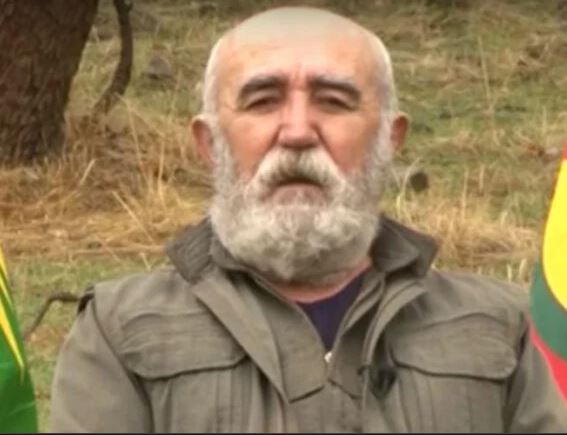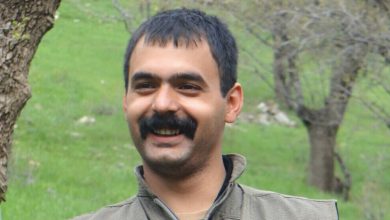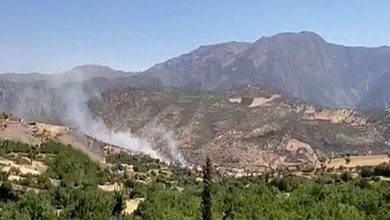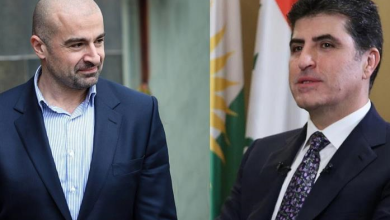Iranian Kurdistan Human Rights Watch has held several interviews with former members of the PKK and PJAK, and published some cases surrounding the commanders of that group, including “Leyla Afrin”, “Hassan Mahmoudi”, “Shoresh Bokan”, “Evin Sineh”, “Delkhwaz Bingol”, Zulkuf, Azad Hawraz and Bozan Tekin.
The following conversation is about one of the commanders of that group named “Ali Haydar Kaytan”, about whom we talked with one of the separated members of that group.
The full text of the conversation is as follows:
Introduce yourself to us at the beginning of the conversation and tell us about “Ali Haidar Qitan”.
My name is Shaho Azad and I am one of the separated members of “PKK” and I am currently leading a normal life. Ali Haydar Kaytan was from Dersim, from the Alevi religious minority, and was considered a PKK leader and a close friend of Ocalan. Dersim is a region called “Tunceli” in Turkish. After the stories of Seyyed Reza and the Alevite minority as a whole at the hands of Turkey during the reign of Mustafa Kemal Ataturk, most of the people of this region emigrated to Europe.
Can you explain his ties with the PKK, age, behavior and personality?
I saw him for the first time in Xinere. He had a long mustache and a short beard and spoke Turkish. He taught PKK history lessons in ideological and political education, and a lesson called ‘the truth of Ocalan’. He was one of the people who was with Ocalan from the beginning of the PKK.
But why do I use the past tense ?! Because the media say he was killed in the airstrike, but the PKK has not yet said anything about it.
Kaytan had a liberal personality and was not compatible with anyone, he was mostly isolated and lonely. He even quarreled with his bodyguards until one of his bodyguards committed suicide. Many words were spoken behind his back, the story of his love for “Sahar” and even “Khatereh Yildirim” can be considered as one of those words.
Explain about his movement in the PKK.
He has been in the PKK from the beginning and is considered one of its founding members and founders.
You could see him more in the corners as he did not enter the crowds. As I said, he had a long mustache, I asked why he did not cut short, and they answered that he was like a dervish, and a disciple of Ocalan.
Do you have a memory of him?
Yes, we were in training. He did not eat lunch with the others and when he went fishing in the Lolan water at lunch. He was alone, he did not accept anyone, and he always had problems with his bodyguards.
When he returned, he gave me the fish and told me to prepare it. I said yes, and went to work.
Given that you have been with the PKK for some time, what is your analysis of the group’s approach and policies?
The difference between people in the group, some being considered as ranking high or low, talk of equality and democracy, but being approached with a look of inferiority among the members in different layers of the group were obvious to all members.
I will never forget the words and misdeeds that Ali Haydar Kaytan, nicknamed “Fuat”, said.
Of course, I would say that he was just called a leader for the show. He was not of significance for the PKK, and that is why neither Turkey nor the PKK said so much about his death. All the non-military programs within the group were made by Cemil Bayek and Duran Kalkan.
He knew this too, but he had no choice. He’d keep by himself and hold up the farce of being an ‘important leader’.
He did not start friendships with men, but he was good with the women. He would put his arm around their shoulders, while we wouldn’t dare to even look at them, because they were PKK leaders and women were legitimate for them and illegitimate for us.






